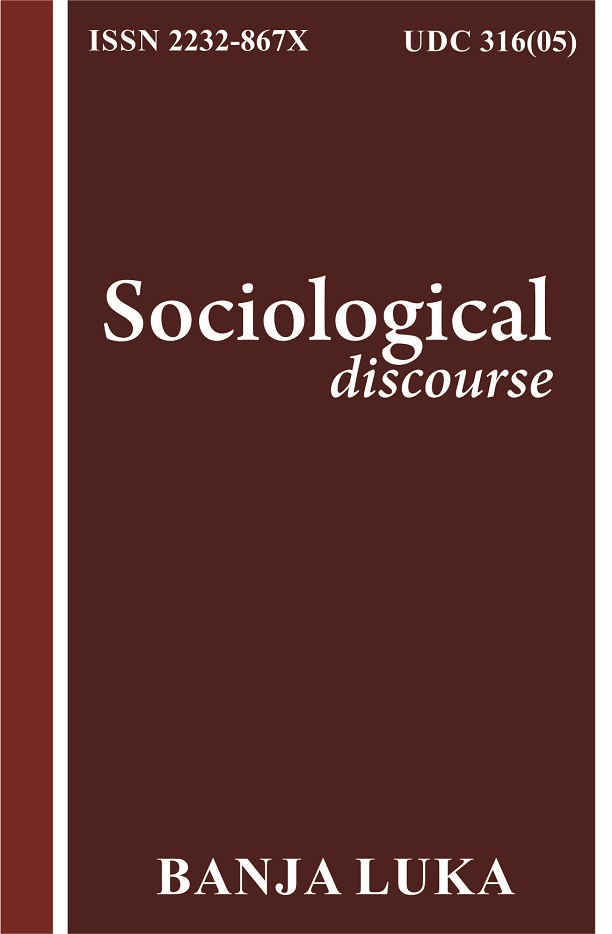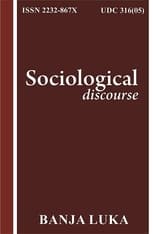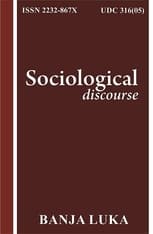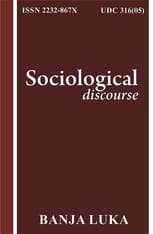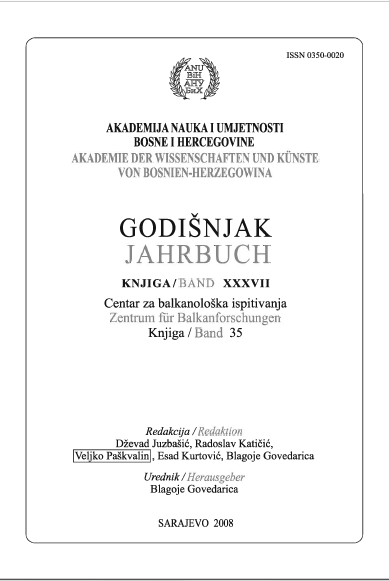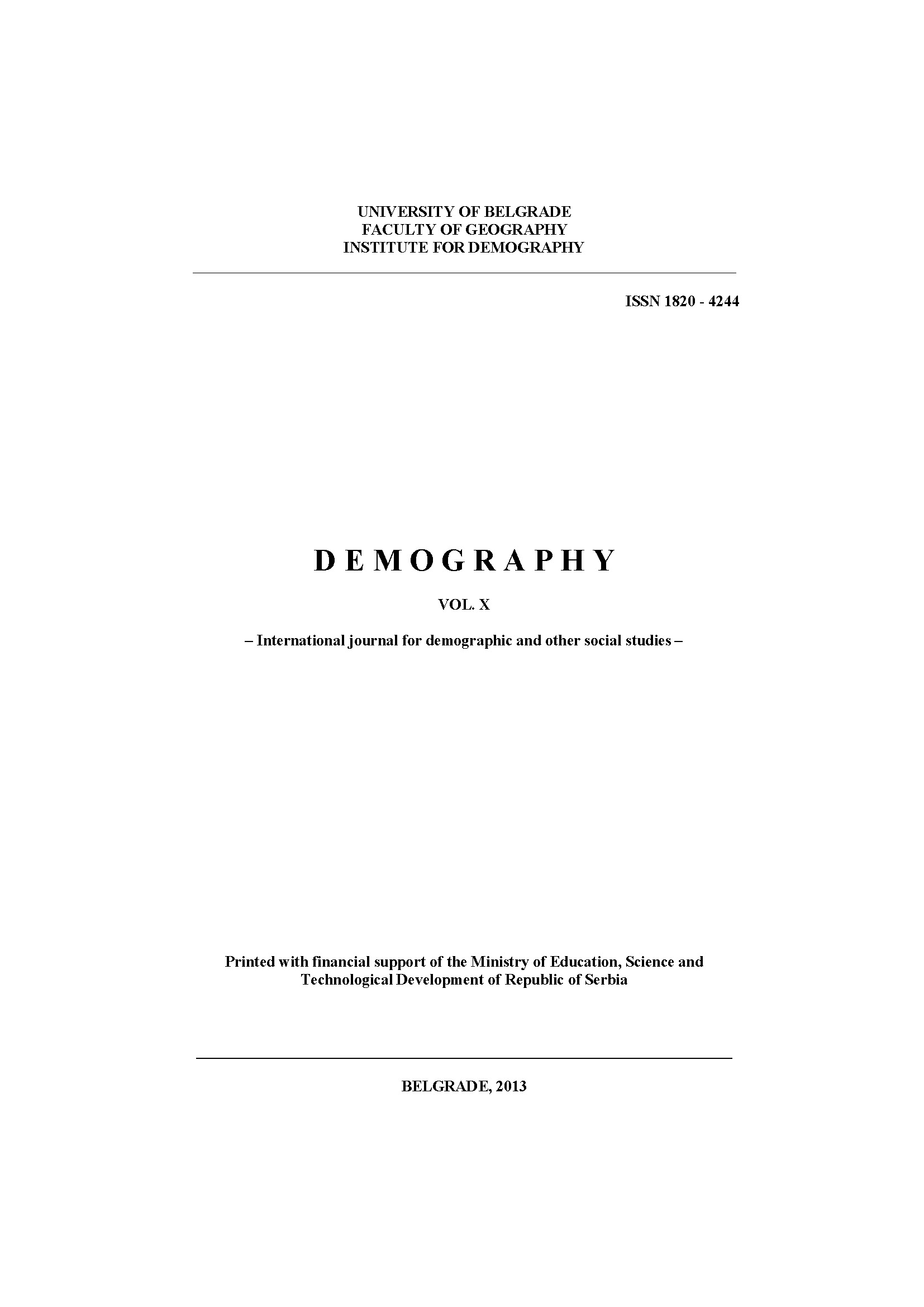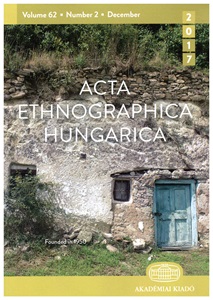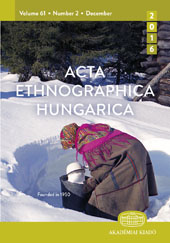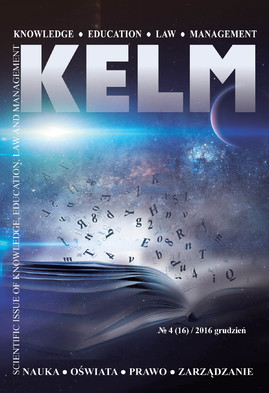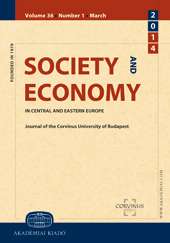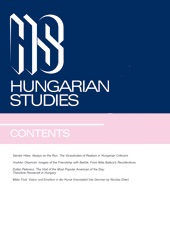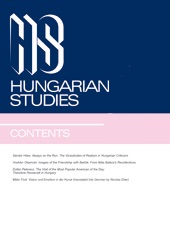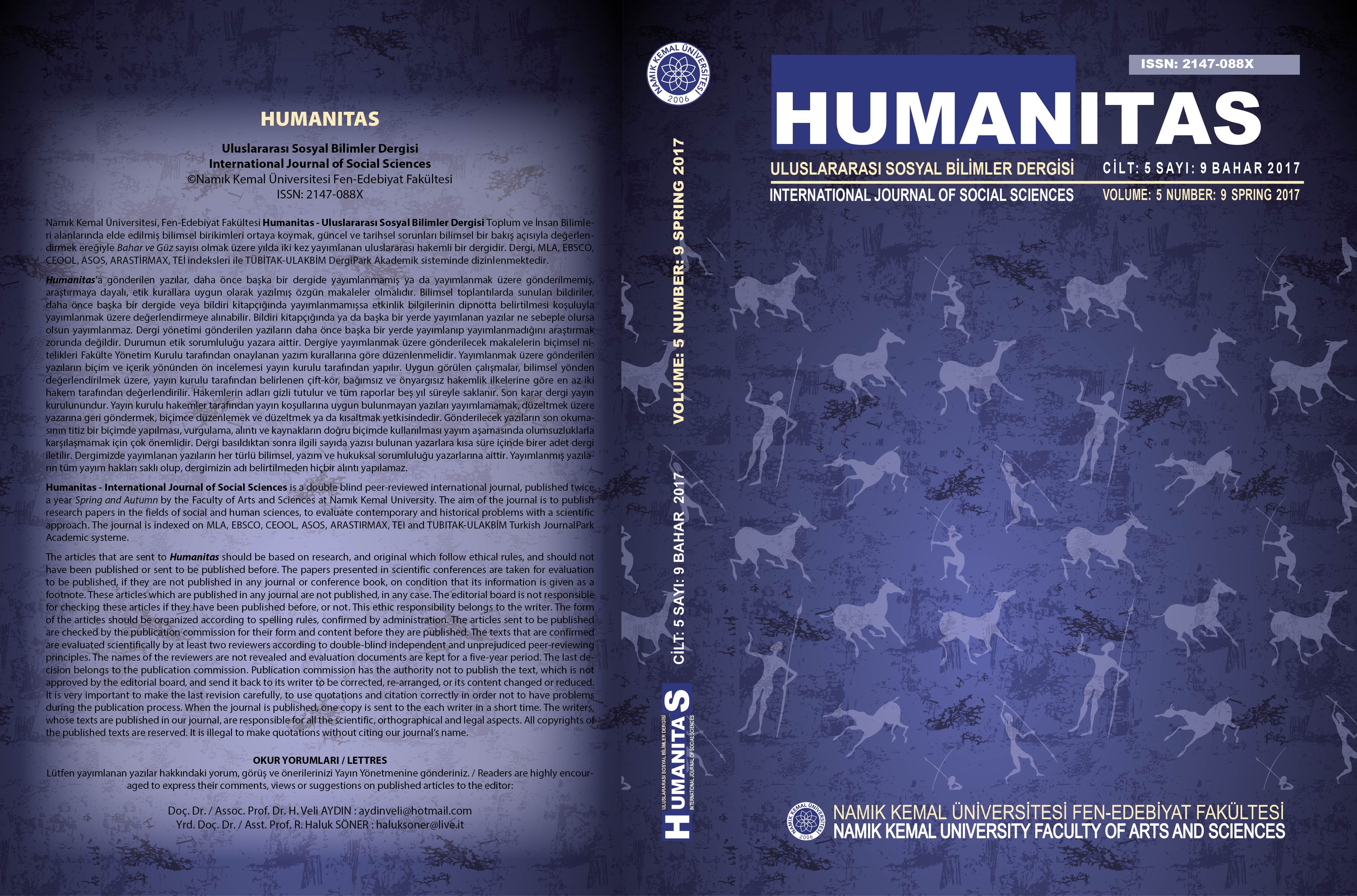
CONTRIBUTION OF AN ENVIRONMENTAL DOCUMENTARY MOVIE ON THE DEVELOPMENT OF PRE-SERVICE TEACHERS' ENVIRONMENTAL ATTITUDES
This study investigates whether environmental documentaries have an effect on the attitudes of pre-service teachers, who are in an important position to shape coming generations. A total of 76 pre-service teachers at two state universities in Turkey participated in the study and worked on the activities designed about the documentary ‘Home’. The RNEP Scale (Dunlap et al., 2000) was used to measure and define the attitudes of pre-service teachers toward environment before and after the activities. The findings of the study showed that working on the environmental documentary had a positive influence since there was a significant difference in the attitude levels of pre-service teachers before and after watching the environmental documentary.The age and gender features of the pre-service teachers did not affect their attitude averages before or after the activity. Nevertheless, significant differences were observed at the sub-dimensions of the scale and at the language proficiency level of the participants. The difference between universities also disappeared after the activities. The difference in the attitudes was progressively significant as the language proficiency level of the participants increased. It is evident that the participants were more anthropocentric than ecocentric although they developed more positive behaviours toward environment after the activities.
More...
